
Welcome to Assam, the land of tea plantations, mighty rivers and exquisite wildlife in Northeastern India. Known as the “Gateway to the Northeast”, Assam is a state of contrasts, where the tranquil beauty meets vibrant cultural festivals and dense forests shelter rare animals in the wilderness. This place promises a blend of both adventure and cultural experiences together.
Explore this land of rich history, diverse culture and stunning natural beauty. From the bustling city of Guwahati, its ancient temples and vibrant markets to the evergreen tea estates of Jorhat, Assam offers a wealth of experiences. Whether you’re visiting the wildlife sanctuaries, exploring traditional cuisine or attending the sparkling festivals, Assam’s beauty and charm will surely captivate you.
Located in the Northeastern part of India, Assam is a renowned destination and home to lush tea gardens, rich biodiversity and the majestic Brahmaputra River. Assam shares borders with Bhutan, Arunachal Pradesh, Nagaland and Bangladesh, making it a melting pot of diverse cultures and traditions. Assam is also and as the home of the endangered one horned rhinoceros, which is found in Kaziranga National Park.
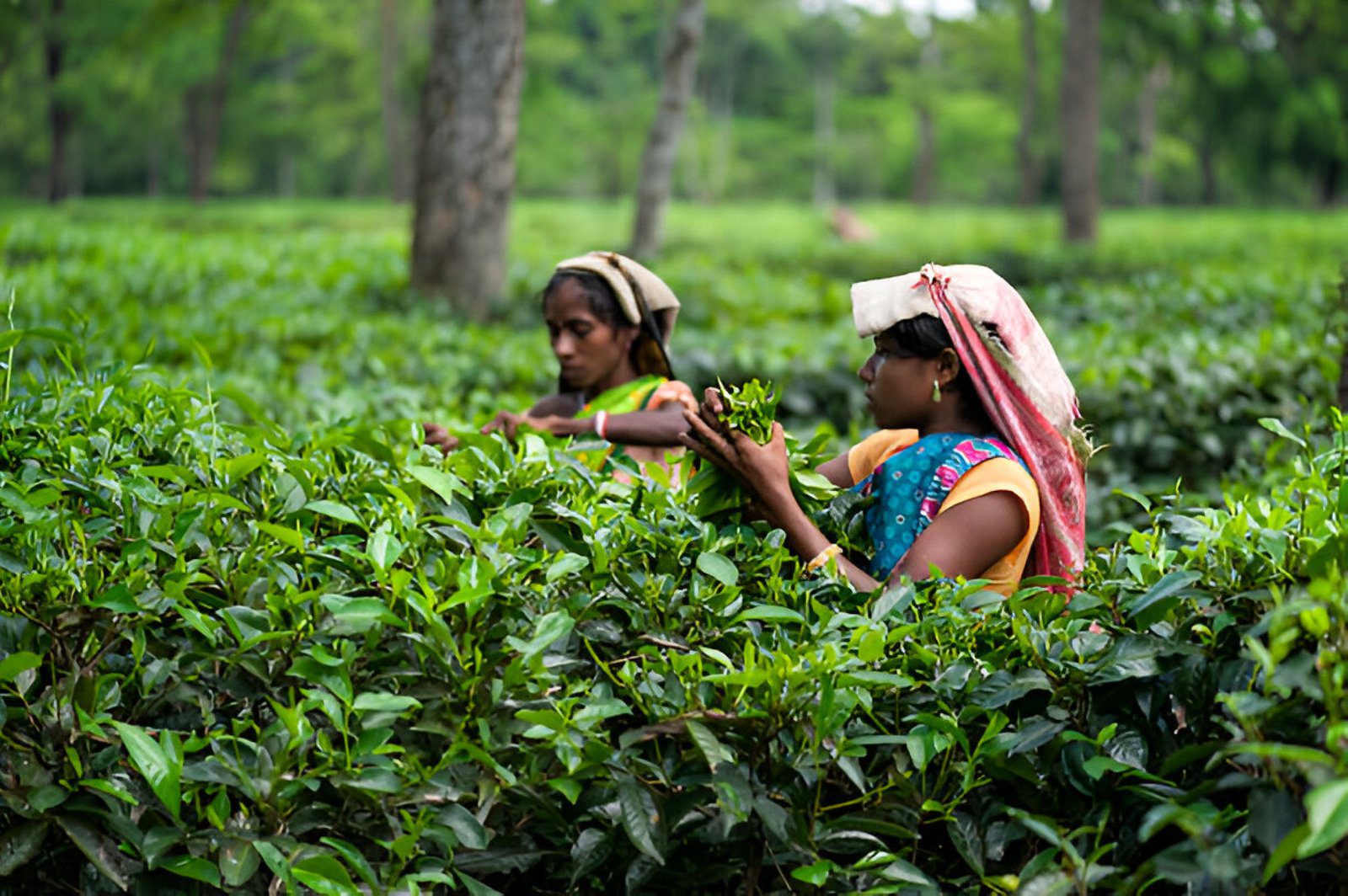
Assam is blessed with natural beauty, historical landmarks and cultural experiences. Here are some of the top attractions that should be on your list when visiting this vibrant state:
A UNESCO World Heritage Site, Kaziranga National Park is a very important habitat of the endangered one horned rhinoceros. The park is also home to a variety of other flora and fauna which includes tigers, elephants, wild water buffaloes and over 500 species of birds. You can explore the park through jeep safaris or elephant safaris.
Also known as the "Cultural Capital of Assam", Tezpur is a picturesque town set on the banks of the Brahmaputra River. Tezpur is known for its ancient temples and scenic parks, namely Agnigarh Hill and Chitralekha Udyan. The town also serves as a gateway to nearby wildlife sanctuaries and trekking destinations.
One of the most important temples in India, the Kamakhya Temple is dedicated to the goddess Kamakhya and is a major pilgrimage site for Hindus. Perched on the Nilachal Hill in Guwahati, the temple is an architectural marvel.
Majuli Island is the largest river island in the world and is located in the Brahmaputra River. It is known for its unique culture, traditional dance forms and serene landscapes. The island is also a cultural gem.
From experiencing wildlife safaris to exploring vibrant festivals, Assam offers a wide range of activities. Here are some top things to do in Assam:
Assam is home to several national parks and wildlife sanctuaries, to establish a close connection with wilderness, going on safaris should always be on our list, you can stand a chance to witness exquisite animals as well as a number of birds in Assam's diverse ecosystems.
Assam is famous for its tea around the whole world, and a visit to the lush tea estates is a must have experience. Explore the scenic tea gardens where you can learn about colonial past linked with Assam, visit a tea factory and sample some of the finest tea.
Assam’s Bihu Festival is the most important cultural festival in the state. It basically is a celebration of the Assamese New Year and the harvest season. Held three times a year; Bohag Bihu (April), Magh Bihu (January) and Kati Bihu (October) the festival is marked by traditional music, dancing, feasting and art performances.
Located in the hills of Assam, Haflong is the only hill station in the state. Its cool climate, scenic beauty and tranquil surroundings make it a perfect escape. The area is also known for its mysterious limestone caves, which are popular for spelunking and exploration.
The best time to visit Assam is during the winter (October to April), when the weather is cool and pleasant, ideal for sightseeing and wildlife safaris. The monsoon season (June to September) heavy rainfall brings the landscape at its greenest, ideal for exploring diverse estates.
The local currency is the Indian Rupee (INR). ATMs are widely available in major towns and cities. However, it’s advisable to carry cash when visiting rural areas as electronic payments may not be available everywhere.
Assam is well connected by road, rail as well as air. Guwahati, the main entry point, is connected to major cities across India by flights and trains. From Guwahati, you can take buses, taxis or private cars to explore the rest of the state.
Navigating Assam’s diverse regions, wildlife parks, and cultural sites is easier with reliable maps.
Maps of cities will help you explore these major destinations, highlighting key attractions, markets and transportation hubs.
If you’re planning a wildlife safari, detailed maps of Kaziranga National Park, Manas National Park and Pobitora Wildlife Sanctuary will guide you through the park’s trails, viewing points and safari zones.
Whether you’re boating on the Brahmaputra River, exploring ancient monuments in Sivasagar or enjoying a tea garden stay in Jorhat, Assam offers a blend of adventure, culture and natural beauty. Its rich wildlife, vibrant festivals and immersing culture make Assam one of India’s most captivating destinations.
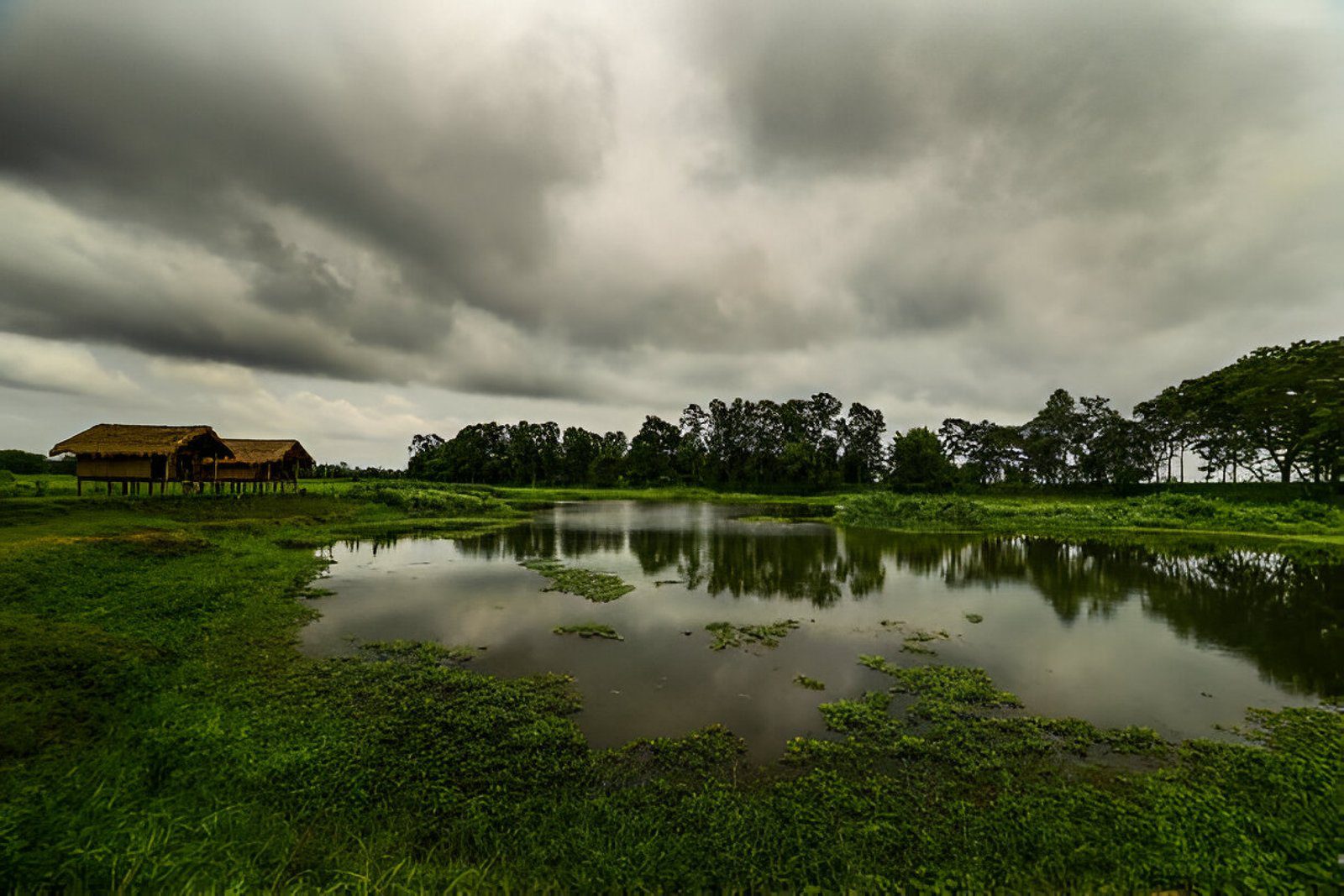
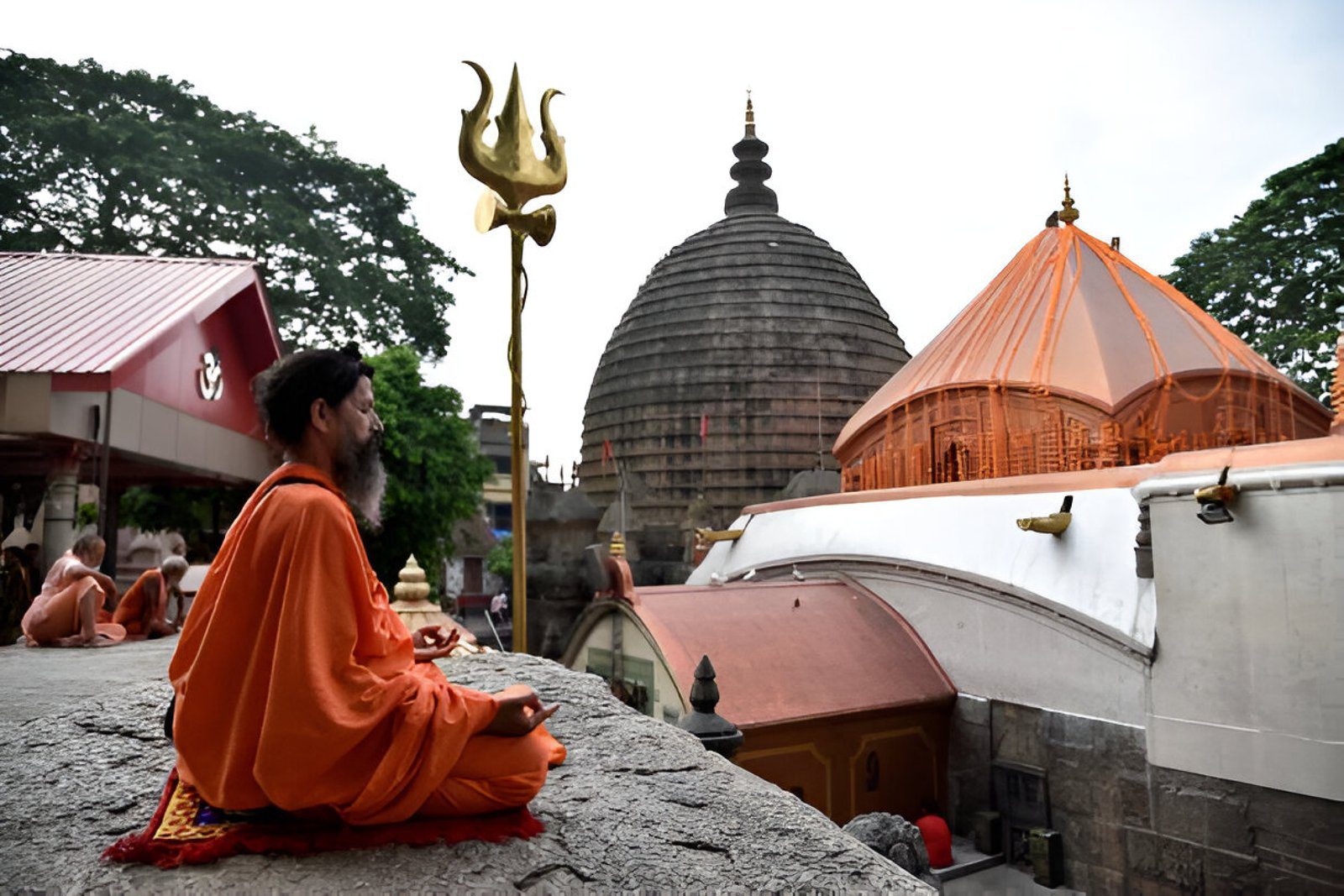
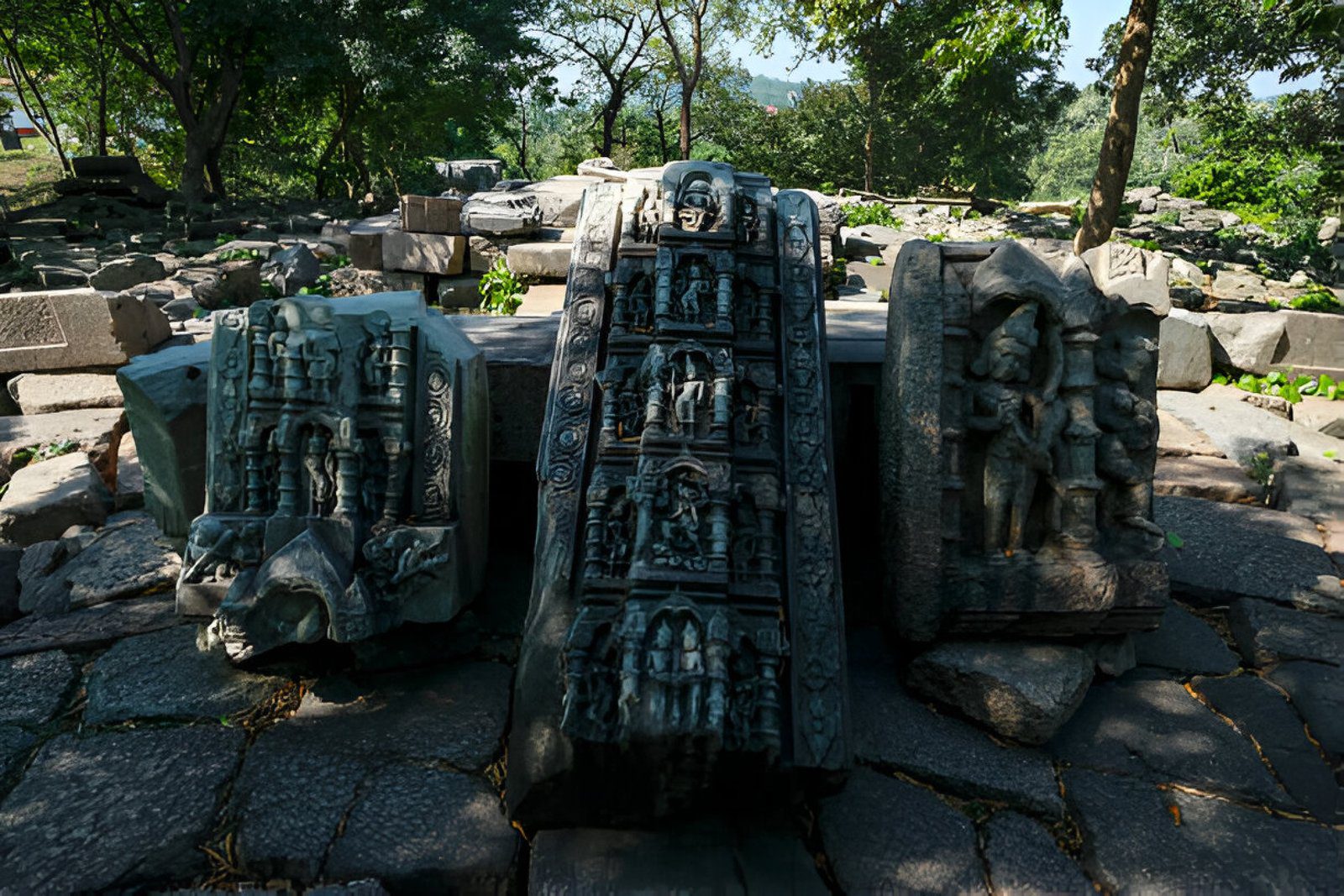
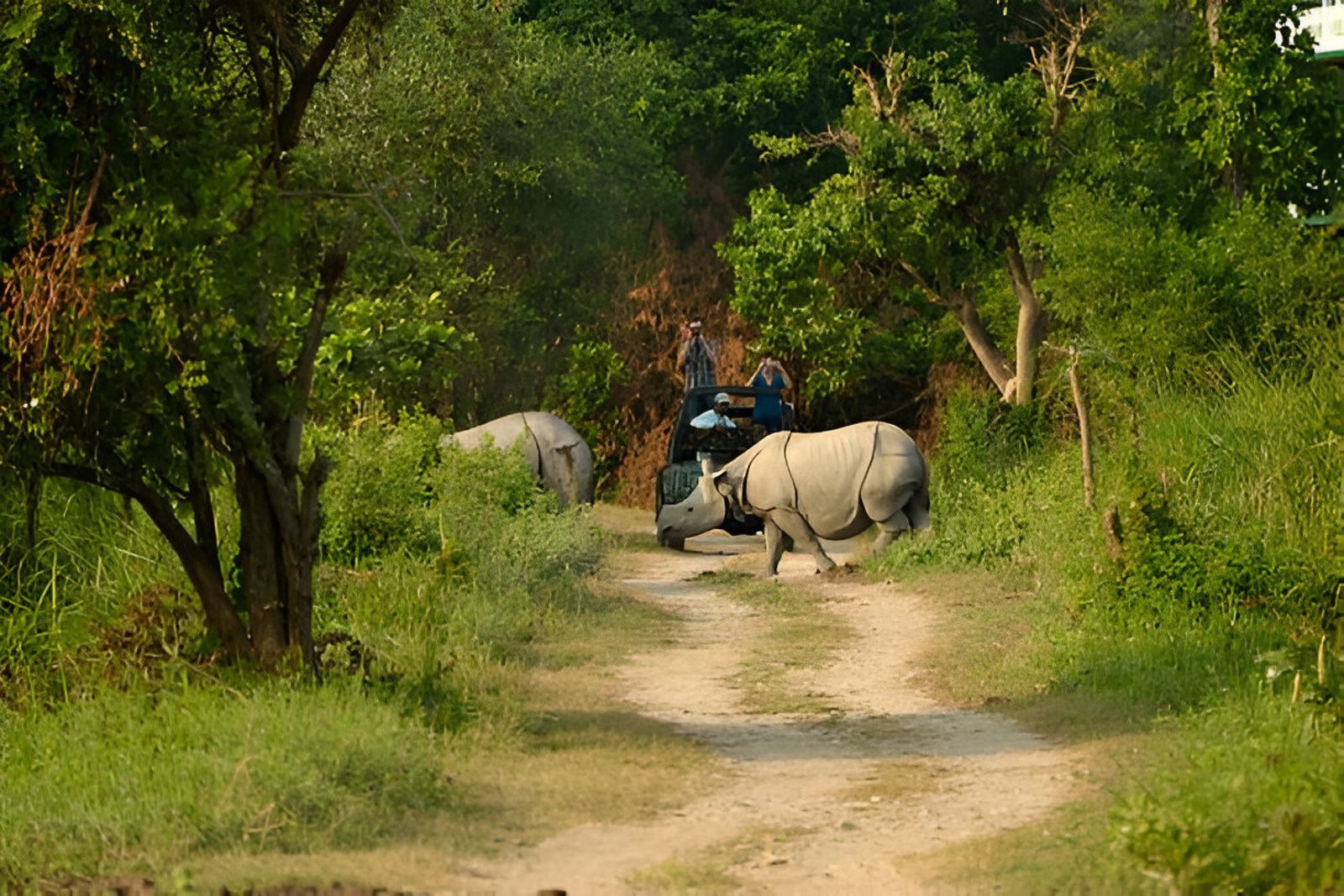

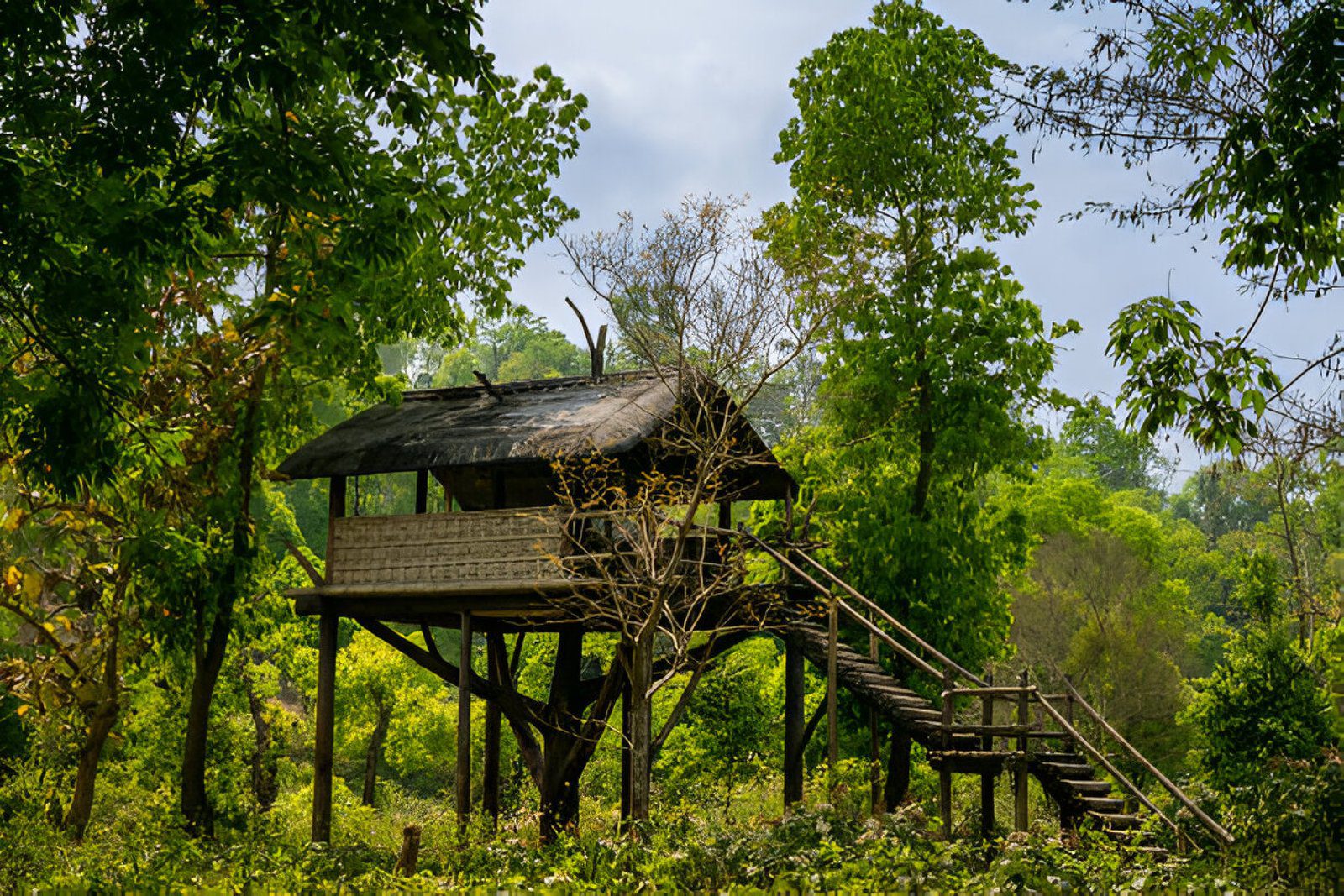
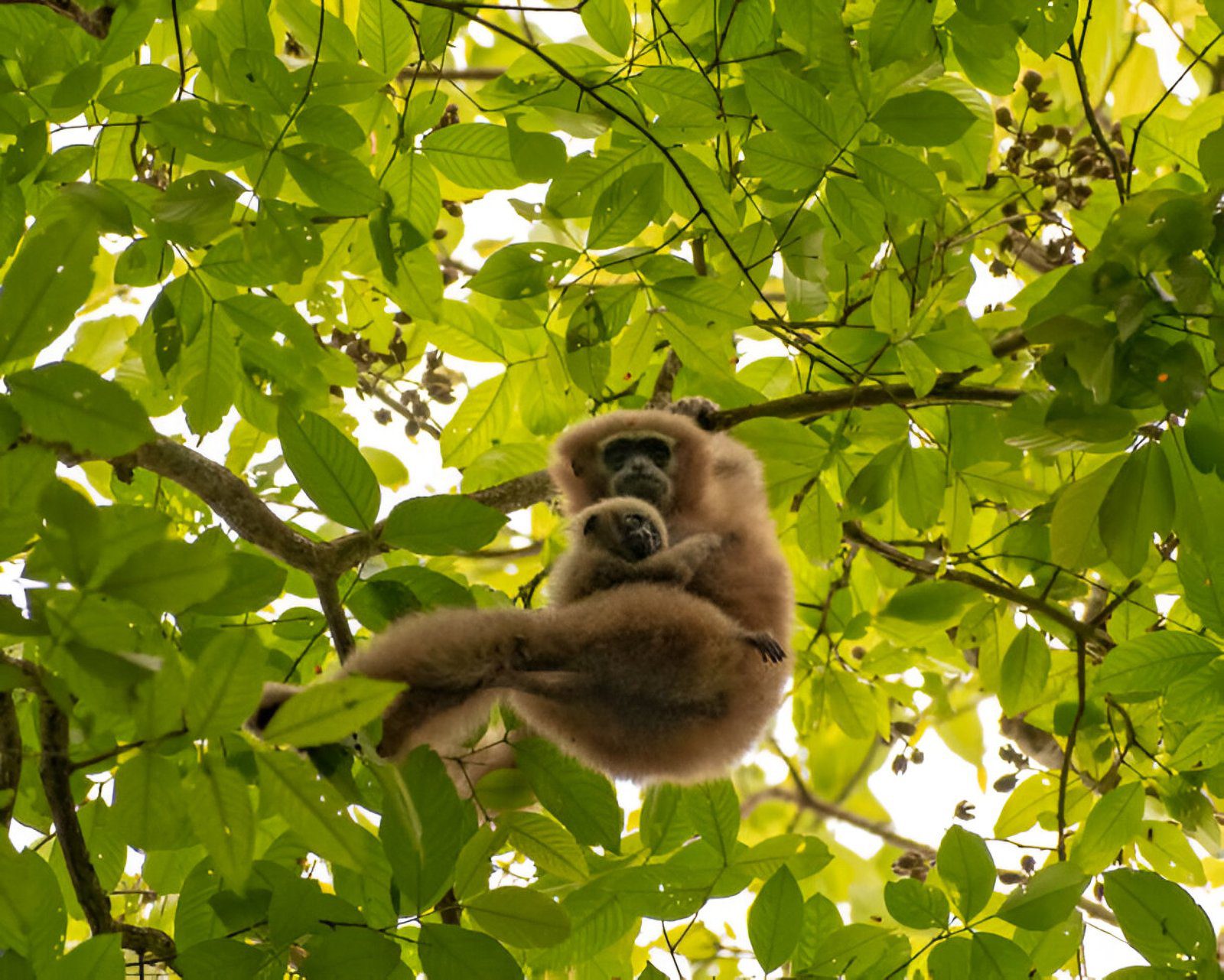
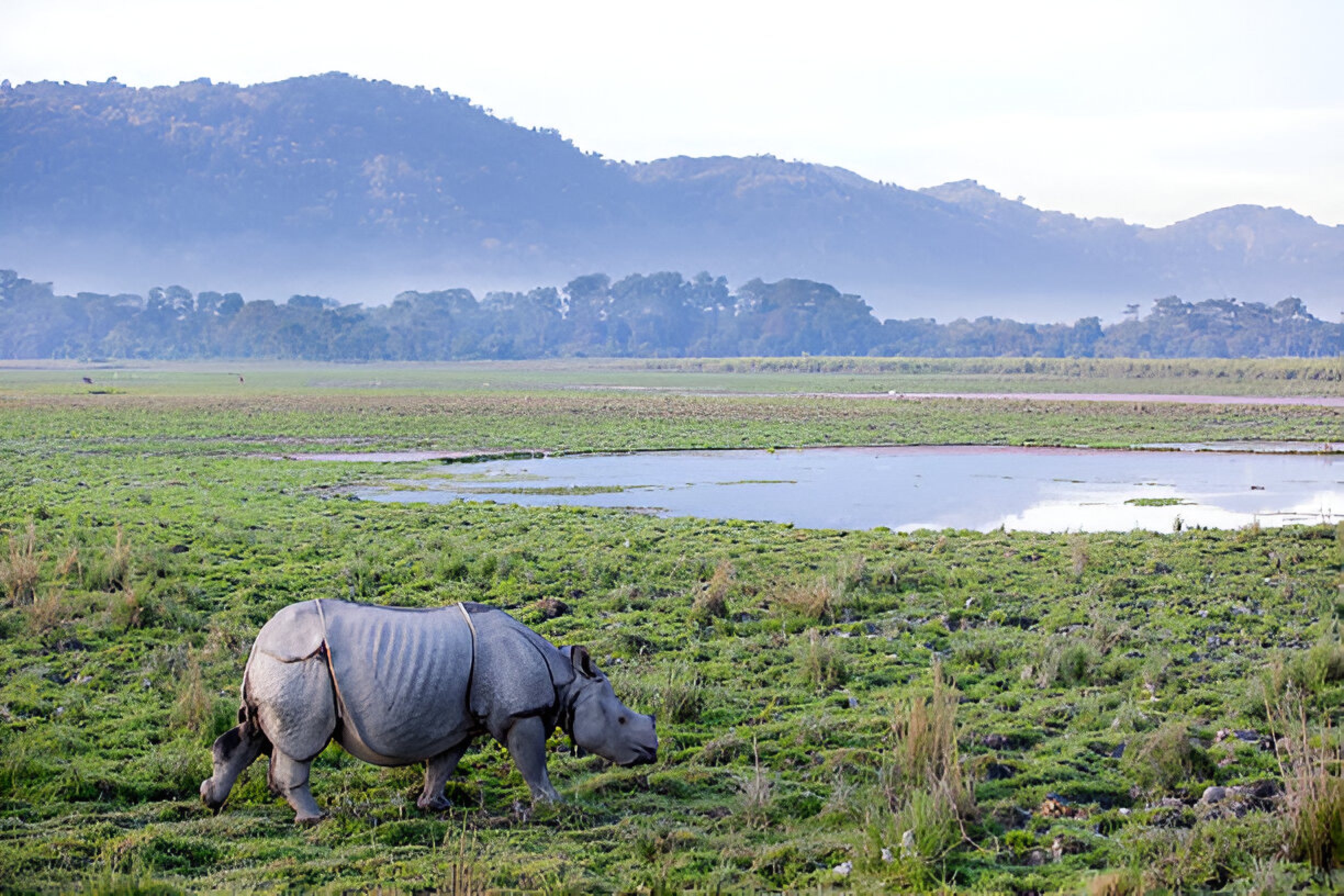


Have questions? we are here to help

No special permits are required for Indian citizens to visit Assam. However, foreign nationals must register with the Foreigners Regional Registration Office (FRRO) if their stay exceeds 180 days. Certain restricted areas in Assam may require permits, so it’s advisable to check beforehand if you plan to visit those regions.
The best time to visit Assam is from October to April when the weather is cool and pleasant, making it ideal for exploring national parks, tea gardens, and cultural sites. The monsoon season (June to September) can bring heavy rainfall and flooding, which may disrupt travel plans.
Yes, Assam is generally safe for tourists. However, it’s advisable to stay informed about local conditions, avoid isolated areas without proper guidance, and respect local customs and traditions. Keeping emergency contacts handy and being aware of your surroundings can enhance safety.
Assamese is the official language of Assam. However, Hindi and English are also widely spoken, especially in urban areas and tourist spots, making it easier for travelers to communicate.
Assamese culture is rich and diverse. When visiting temples and religious sites, it’s customary to dress modestly. Remove shoes before entering homes and temples, and seek permission before taking photographs of people. Participating in local festivals and traditions is a great way to engage with the culture.
There is much more to explore and experience in India than the usual tourist spots, the usual hill stations and the waterfall picture you seen a thousand times in magazines. There is an absolutely new and unexplored India waiting for you to come and discover.